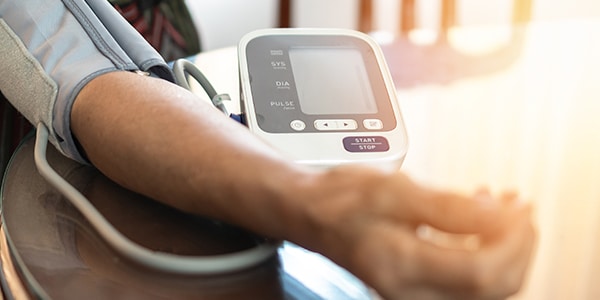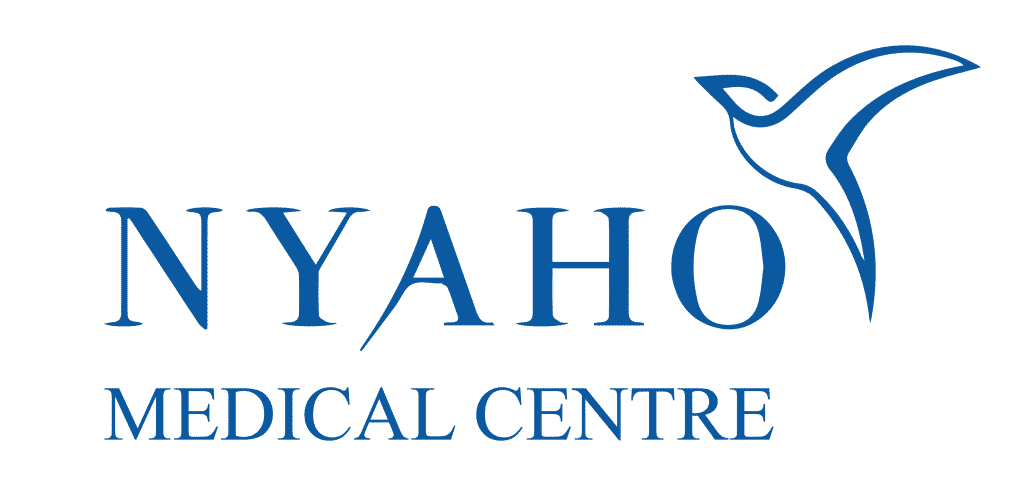Introduction:
Hypertension, commonly known as high blood pressure, is a prevalent medical condition affecting millions of people worldwide. If left uncontrolled, hypertension can lead to serious health complications such as heart disease, stroke, and kidney problems. At Nyaho Medical Centre, we prioritize your health and well-being, recognizing the essential role of patient education in managing hypertension. This article aims to provide you with vital information about hypertension, including its causes, symptoms, diagnosis, treatment options, and lifestyle modifications.
What is Hypertension?
Hypertension occurs when the force of blood against the walls of your arteries is consistently too high. Blood pressure is measured using two numbers: systolic pressure (top number) and diastolic pressure (bottom number). Normal blood pressure is typically around 120/80 mmHg. When your blood pressure consistently reads 130/80 mmHg or higher, you are diagnosed with hypertension.
Causes and Risk Factors:
There are two main types of hypertension: primary (essential) and secondary. Primary hypertension develops gradually over time and does not have a specific identifiable cause. Secondary hypertension, on the other hand, is caused by an underlying medical condition such as kidney disease, hormonal disorders, or certain medications.

Several risk factors can contribute to the development of hypertension, including:
- Age: The risk of hypertension increases with age.
- Family history: If your close relatives have hypertension, your risk may be higher.
- Lifestyle factors: Poor diet, lack of physical activity, excessive alcohol consumption, and tobacco use can contribute to hypertension.
- Obesity: Being overweight or obese puts extra strain on your cardiovascular system.
- Stress: Chronic stress can elevate blood pressure levels.
Signs and Symptoms:
Hypertension is often referred to as the “silent killer” because it generally does not present noticeable symptoms in the early stages. However, some individuals may experience symptoms such as headaches, dizziness, blurred vision, chest pain, or shortness of breath during advanced stages or in the presence of complications. Regular blood pressure checks are essential for early detection and management of hypertension.
Diagnosis:
A diagnosis of hypertension is made by measuring blood pressure using a blood pressure cuff. Your doctor may also recommend additional tests to determine if an underlying medical condition is causing your high blood pressure. These tests may include blood tests, urine tests, an electrocardiogram (ECG), or an echocardiogram.
Treatment Options:
The goal of hypertension treatment is to lower blood pressure and reduce the risk of associated complications. Treatment plans may include the following:
- Lifestyle modifications: Adopting a healthy lifestyle can have a significant impact on blood pressure control. This includes maintaining a balanced diet rich in fruits, vegetables, whole grains, and lean proteins; engaging in regular physical activity; limiting salt intake; managing stress levels; quitting smoking; and moderating alcohol consumption.
- Medications: If lifestyle changes alone are insufficient to control blood pressure, your doctor may prescribe medications. Commonly prescribed medications for hypertension include diuretics, beta-blockers, ACE inhibitors, angiotensin II receptor blockers (ARBs), calcium channel blockers, and others. It’s important to take medications as prescribed and attend regular follow-up appointments with your healthcare provider.
- Regular monitoring: Regular blood pressure checks are crucial to monitor your progress and adjust your treatment plan as needed. You can measure your blood pressure at home using a home blood pressure monitor, but make sure to consult with your doctor on the appropriate technique and frequency.
- Prevention and Lifestyle Modifications:
Preventing hypertension or managing it effectively involves making long-term lifestyle changes. Here are some additional tips to help you control your blood pressure:
- Maintain a healthy weight: If you are overweight or obese, losing even a small amount of weight can have a positive impact on your blood pressure.
- Follow a heart-healthy diet: The DASH (Dietary Approaches to Stop Hypertension) diet, which emphasizes fruits, vegetables, whole grains, low-fat dairy products, and lean proteins, can help lower blood pressure.
- Exercise regularly: Aim for at least 150 minutes of moderate-intensity aerobic exercise or 75 minutes of vigorous-intensity exercise per week. Consult with your doctor before starting any exercise regimen.
- Limit sodium intake: Reduce your consumption of high-sodium processed foods and opt for fresh, unprocessed options.
- Manage stress: Find healthy ways to cope with stress, such as meditation, deep breathing exercises, or engaging in hobbies.
- Limit alcohol and tobacco: Moderation is key. Limit alcohol consumption to moderate levels (up to one drink per day for women and up to two drinks per day for men) and avoid tobacco use altogether.
Conclusion:
Hypertension is a common medical condition that requires lifelong management. By understanding the causes, risk factors, symptoms, diagnosis, treatment options, and lifestyle modifications associated with hypertension, you can take control of your health and reduce the risk of complications. Remember to regularly monitor your blood pressure, follow your treatment plan, and maintain a healthy lifestyle. At Nyaho Medical Centre, we are committed to supporting you on your journey towards better blood pressure control and overall well-being.”
